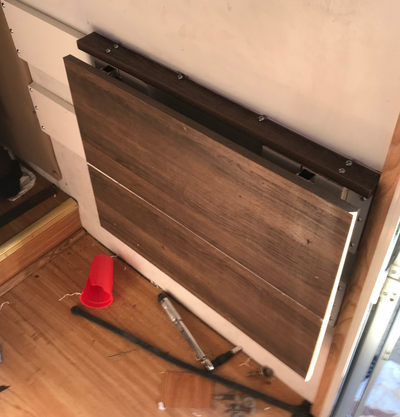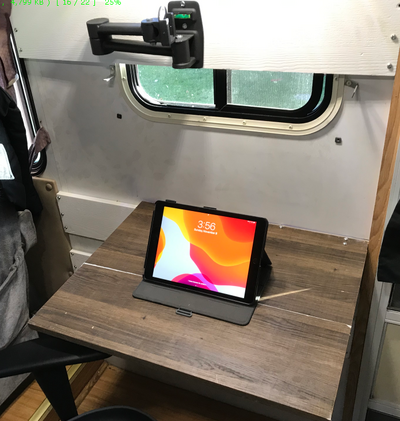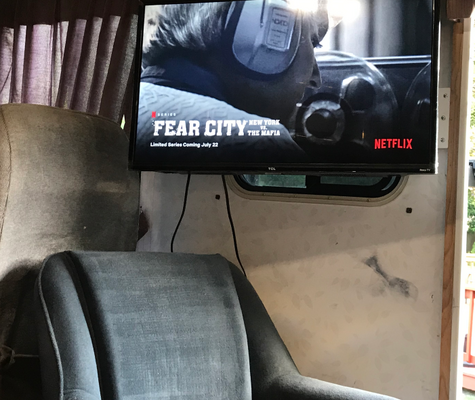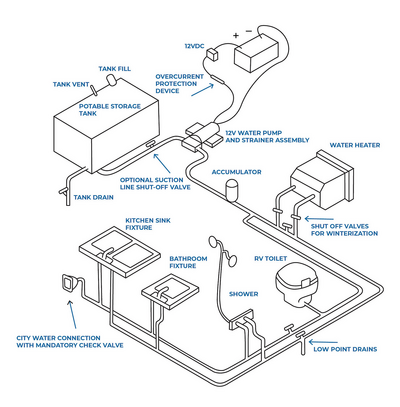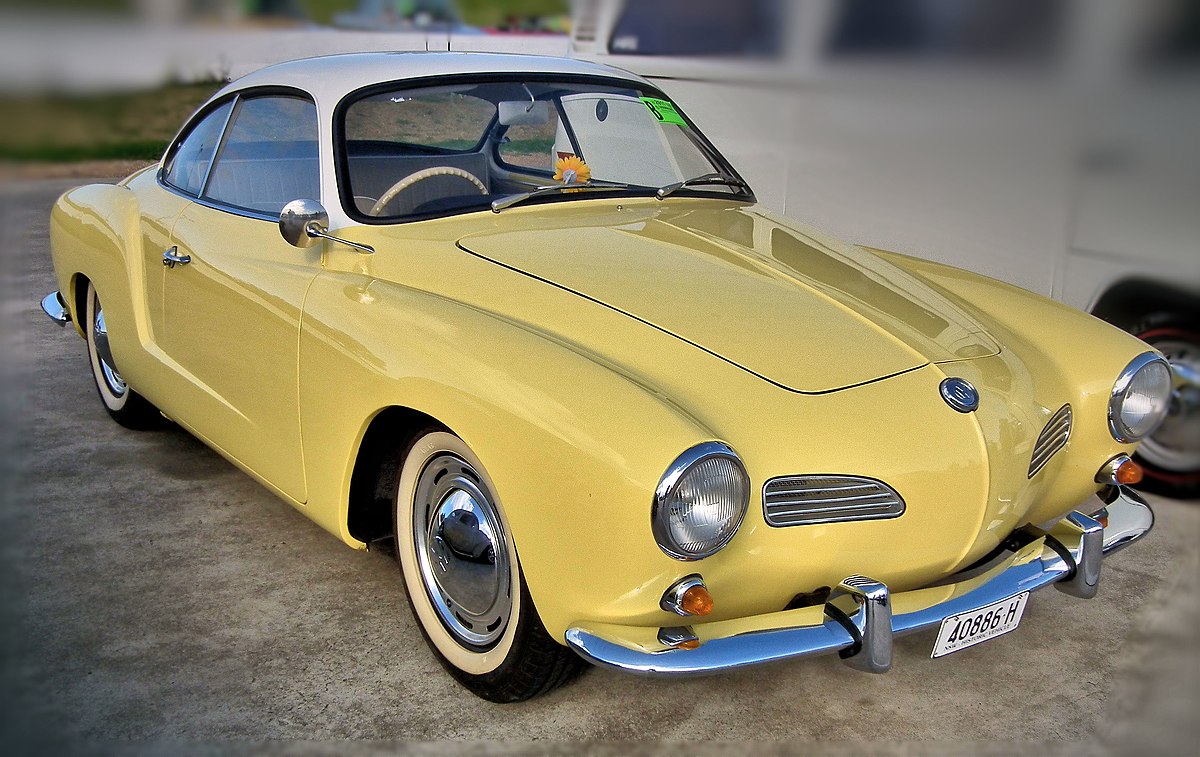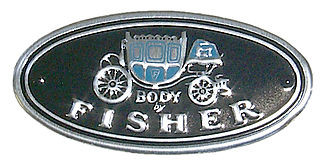I wasn't aware of the choices re propane vs AC. I assume that means I can use the appliances, hot water and frig, without the generator running?
So much depends on what you have in the rig. A typical "RV" fridge (absorption type) is usually run from either propane or 120 VAC, along with 12 VDC for the control board, but many of the larger rigs have gone to residential refrigerators, so must run from 120 VAC. My last two rigs (a Beaver and a Ventana) have had residential refrigerators but also have had a 2000+ watt inverter to run it from batteries, along with a much larger battery bank (house) than otherwise would be there. Worked great for overnight without hookups. While my Beaver had a propane stove, my Ventana had an electric induction stove, needing steel in the pans for heating, so we usually ran the generator when it was time to cook. Both rigs had combo microwave/convection ovens which work pretty well -- wife made pineapple upside down cakes, biscuits, roasts and more in them.
In both diesel rigs the hot water and furnace heat were from hydronic systems (Aqua Hot and Oasis, respectively), with primary heat being from a diesel burner and secondary from 120 VAC electric heating for the boiler. Often, when you have hookups, the electric part is sufficient. They are also a lot quieter (not silent, though) than the propane furnaces, and provide more even heat too.
My first class A was a gasoline Bounder using the Ford V10 and had the typical "RV" type fridge, as well as two propane furnaces and a propane/electric water heater. The "screaming" engine of the V10, which gets best power at over 4,000 RPM, is annoying and loud, but the engine is nearly bullet proof and is made to run that way- nonetheless, this mostly happens when climbing the steeper hills, especially when you must hit the lower gears.
Considering getting a small residential stackable and installing that in an appropriate spot. I realize the water usage would limit it to being used when fully hooked up at a campground. Is that feasible?
In both diesel rigs (but not in the Bounder) we also had the small stackable washer/dryer and they were great. You could probably run the washer for one or two loads while drawing only from the onboard tank, but water capacity for other uses would be very limited indeed. Gray tank capacity must also be considered, of course. And to run the dryer you must have either shore power or run the generator.
Be aware, too, that an uneven load in the washer can shake the whole coach a lot during spin cycles, though there will be a little shaking even with a balanced load. It's just the nature of the beast. You probably won't want to run them while on the road.
Hope this helps.

